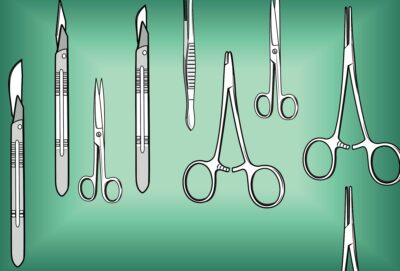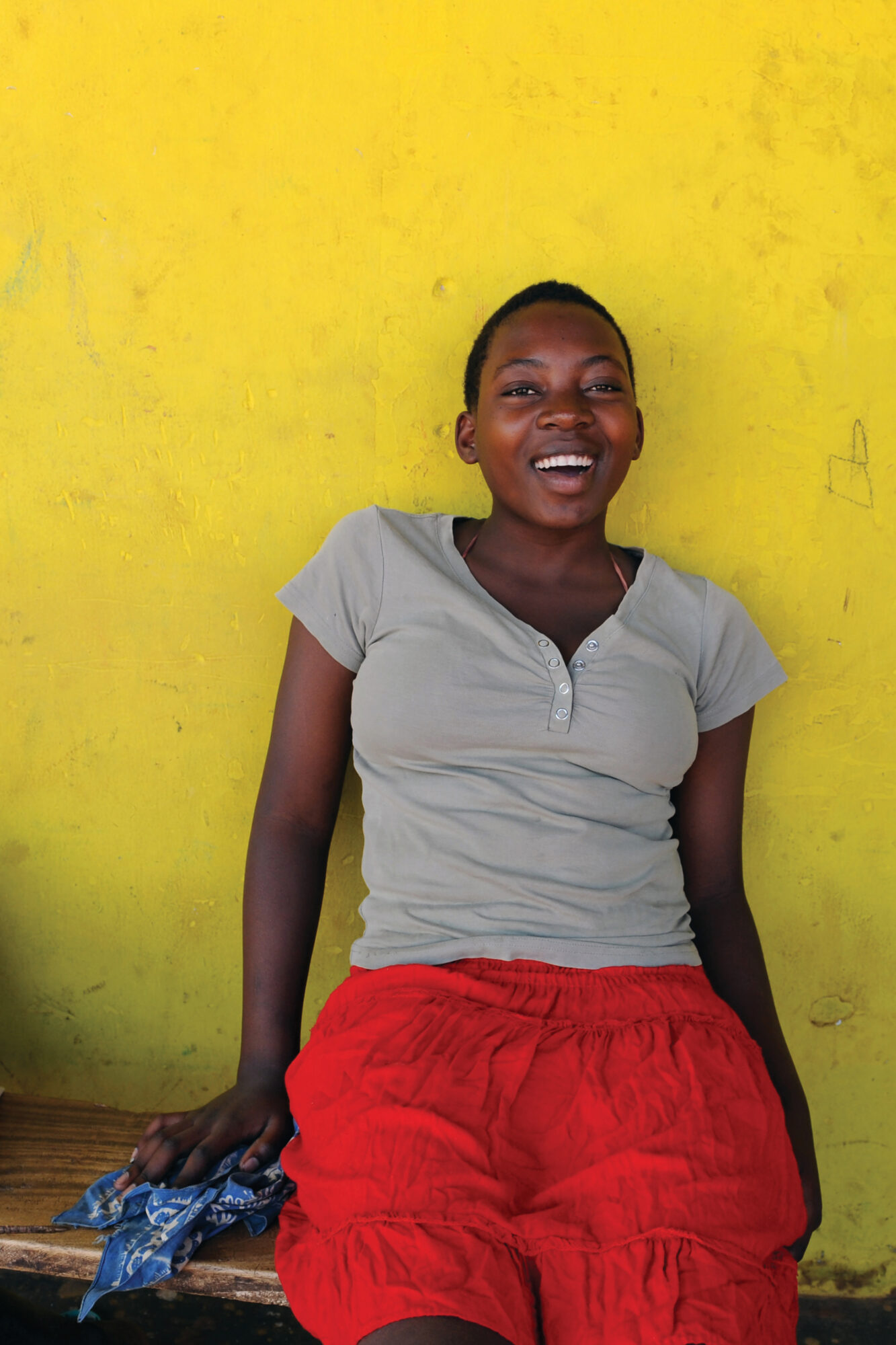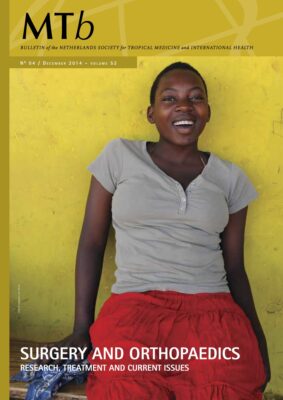

A plea for simple, safe and stable solutions
In Amsterdam in November a three-day international symposium was held on Surgery in Low-Resource Settings (organized by the Netherlands Society for International Surgery and the German Society for Tropical Surgery). Participants from more than 150 countries gathered to discuss current needs and solutions in accessing surgical services in low- and middle-income countries (LMICs). An urgent call, given the shocking figure of over 2 billion people worldwide having limited access to basic surgical care. Caesarean sections, severe limb fractures or tumours are left untreated,...
A plea for simple, safe and stable solutions
In Amsterdam in November a three-day international symposium was held on Surgery in Low-Resource Settings (organized by the Netherlands Society for International Surgery and the German Society for Tropical Surgery). Participants from more than 150 countries gathered to discuss current needs and solutions in accessing surgical services in low- and middle-income countries (LMICs). An urgent call, given the shocking figure of over 2 billion people worldwide having limited access to basic surgical care. Caesarean sections, severe limb fractures or tumours are left untreated, simply because of a lack of surgical skills and trained doctors. This edition of MTb places the lens on surgery and orthopedic ailments in LMICs, with most papers dealing with orthopedic ailments. Though these conditions are usually not life-threatening – with the exception of the malignant tumours – physical disability often results in economical and social distress because of loss of job, regular income and family life, as well as stigmatization and discrimination by the community. In the early seventies most of the pathology consisted of disabilities due to poliomyelitis, clubfoot or Blount’s disease. Today, with the push back of polio due to the mass vaccination campaigns, there has been a shift in pathology to traumatology in part because of an increase in traffic accidents frequently resulting in an osteomyelitis. Operations are costly. Unfortunately, many low- and middle-income countries lack a sound financial system to prevent people from facing catastrophic payments when in need of an operation. In such circumstances ‘simple, safe and stable solutions’ could be the credo. According to Ger Olyhoek, the coordinator of some of the contributions to this MTb, “this includes non-operative treatment or use of an external fixation, to avoid expensive complications even when this will interfere with common Western way treatment standards. In my personal opinion it will be our duty to teach the Young Residents in LIMCs these techniques.” The congress on surgical needs in November 2014 not only outlined the contours of the inadequate access to surgical services. It also presented solutions for ways to invest in human resources, such as through the implementation of a training programme for health workers in LMICs. More capacity is needed to respond to a growing need for surgical care. However, training more surgeons is not enough to face current needs. We need to invest in providing additional training for doctors and nurses to perform certain procedures. In addition, in an open letter to global health agency leaders (published in The Lancet, Volume 384, Issue 9956, 15 November 2014) a group of concerned surgeons and institutions addressed the importance of surgical indicators to be included on the WHO Global Reference List of 100 Core Health Indicators. The proposed list currently fails to provide an adequate metric for global surgical care, as surgical wound infection rate represents the only indicator pertaining to surgery. The authors believe that this is a flawed indicator that fails to track crucial elements of surgical care such as access, volume, safety, workforce availability, or financial protection. THE YEAR 2015 HAS BEEN ANNOUNCED AS THE INTERNATIONAL YEAR OF SURGERY Let’s hope the contributions in this edition of MTb help to highlight the pressing need of access to essential surgery in LMICs.
Ger Olyhoek, golyhoek@gmail.com
Hans Wendte, hanswendte45@gmail.com
Esther Jurgens, ejurgens.nvtg@xs4all.nl




















































